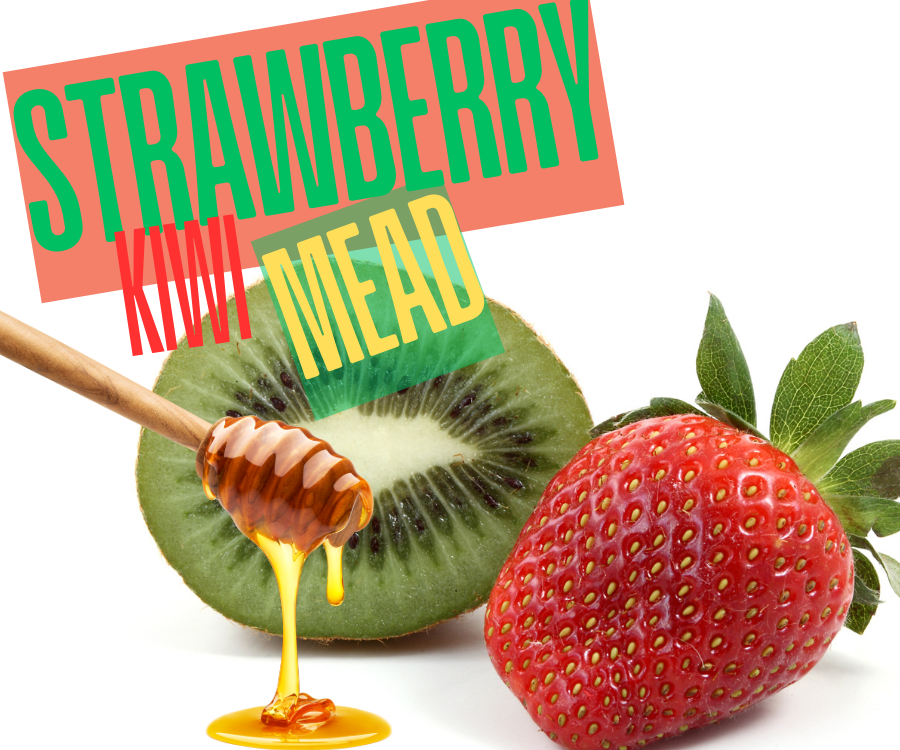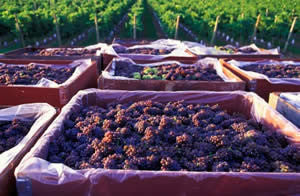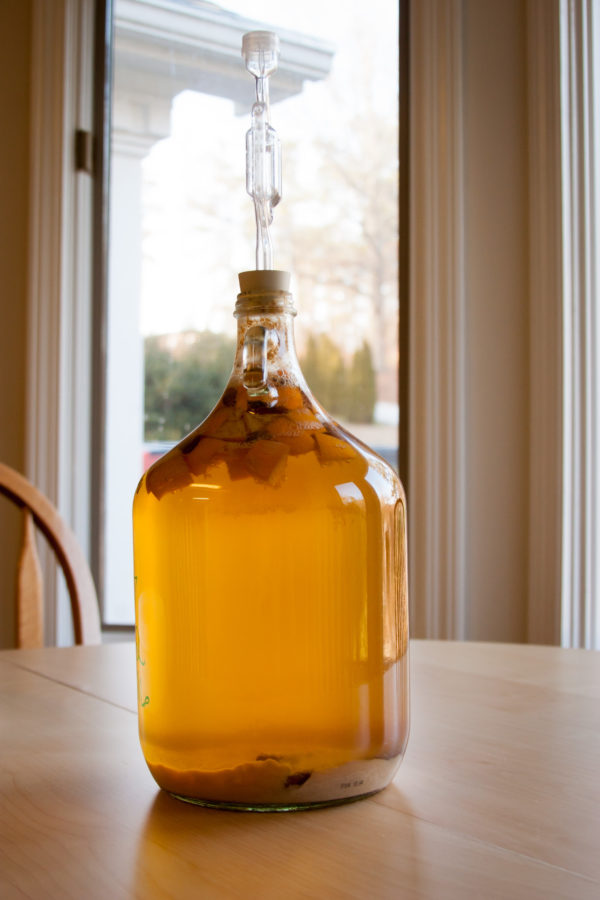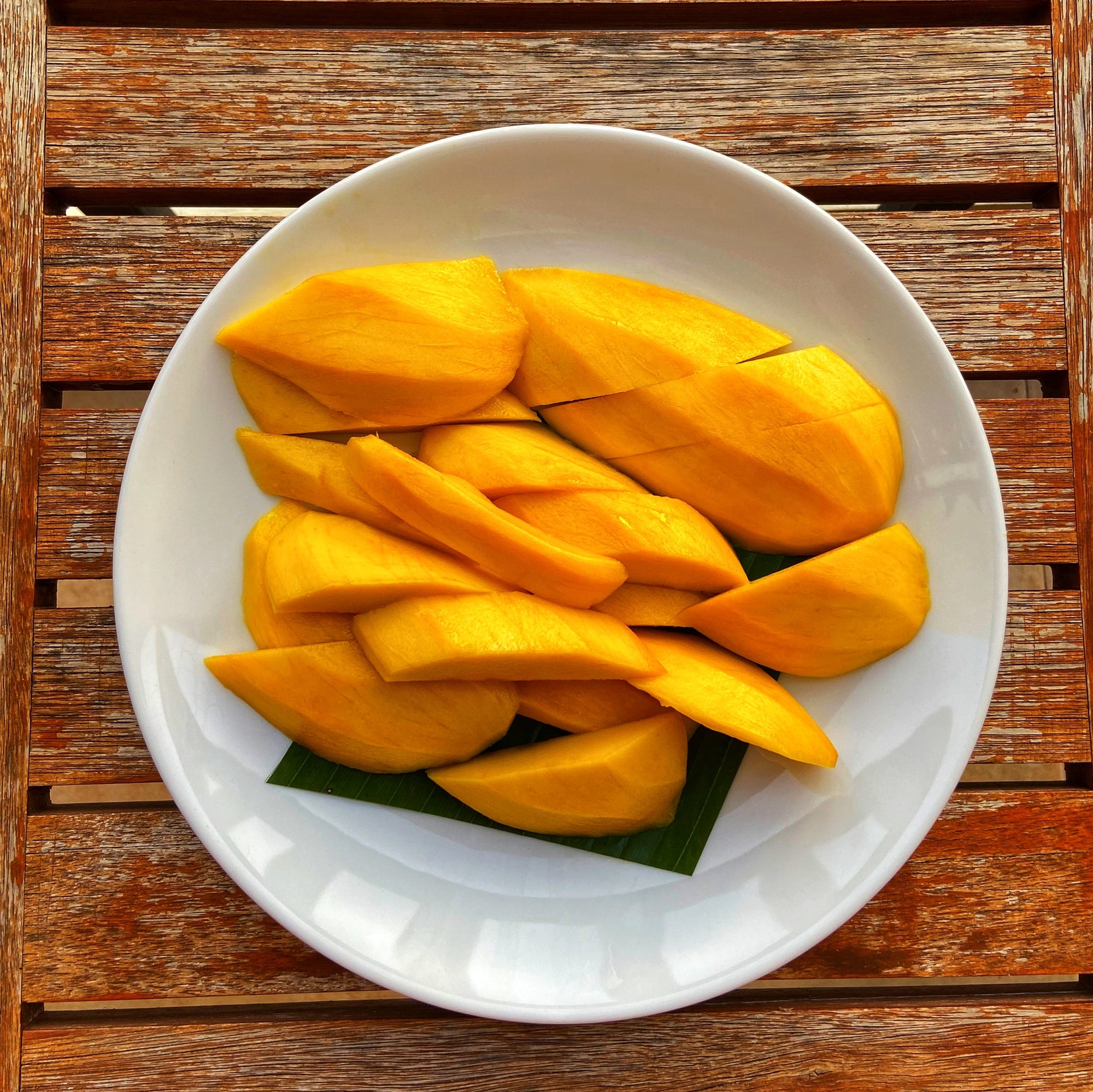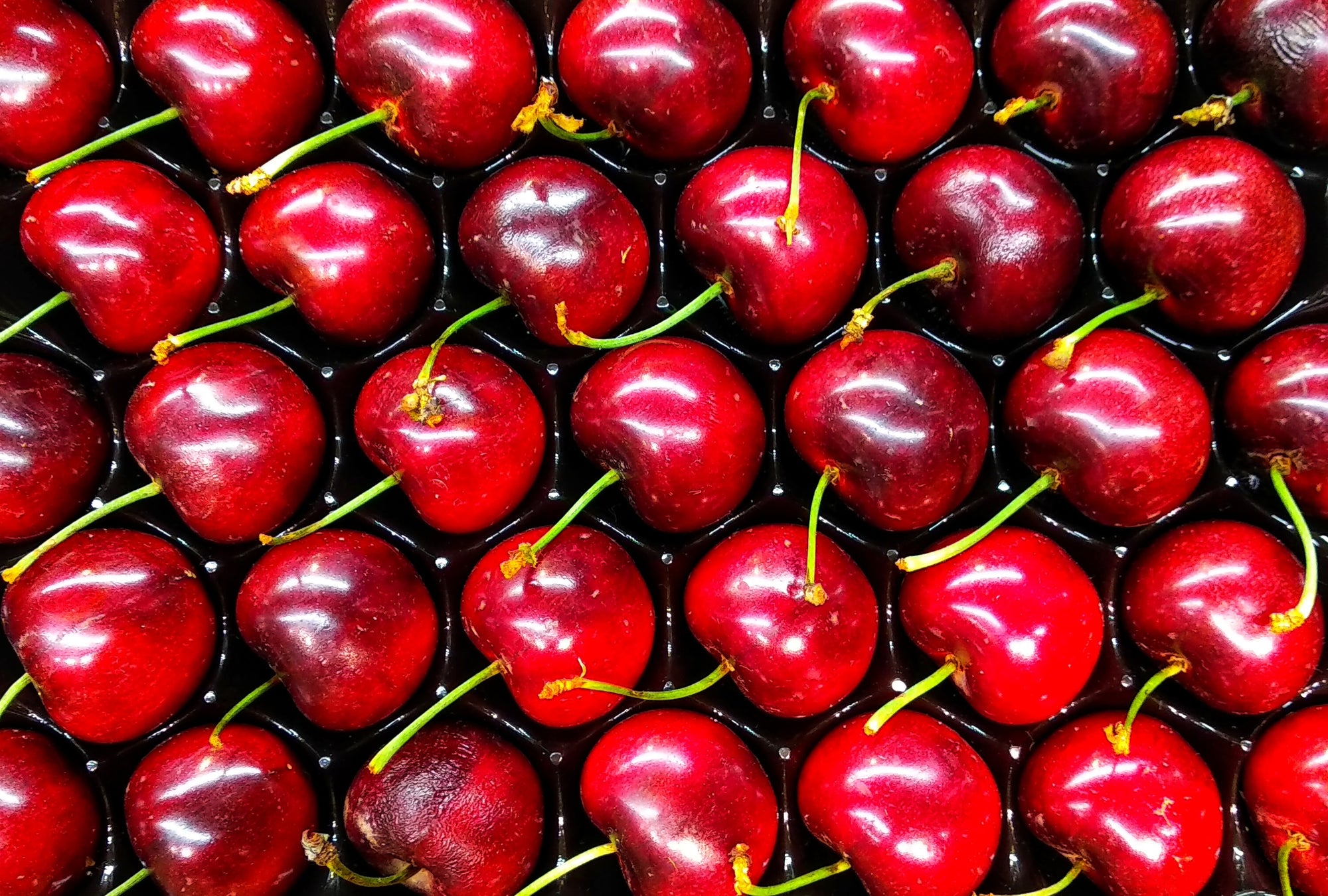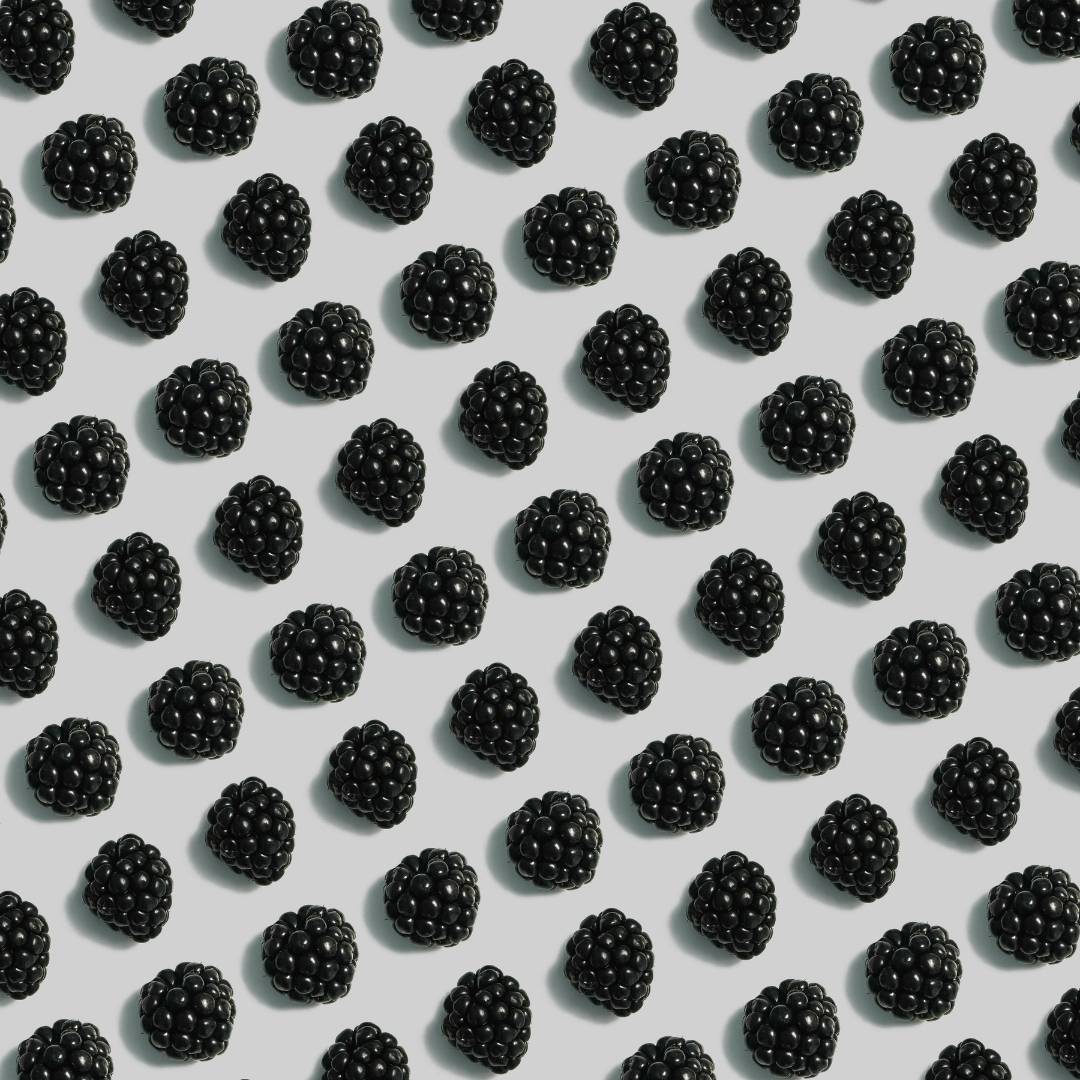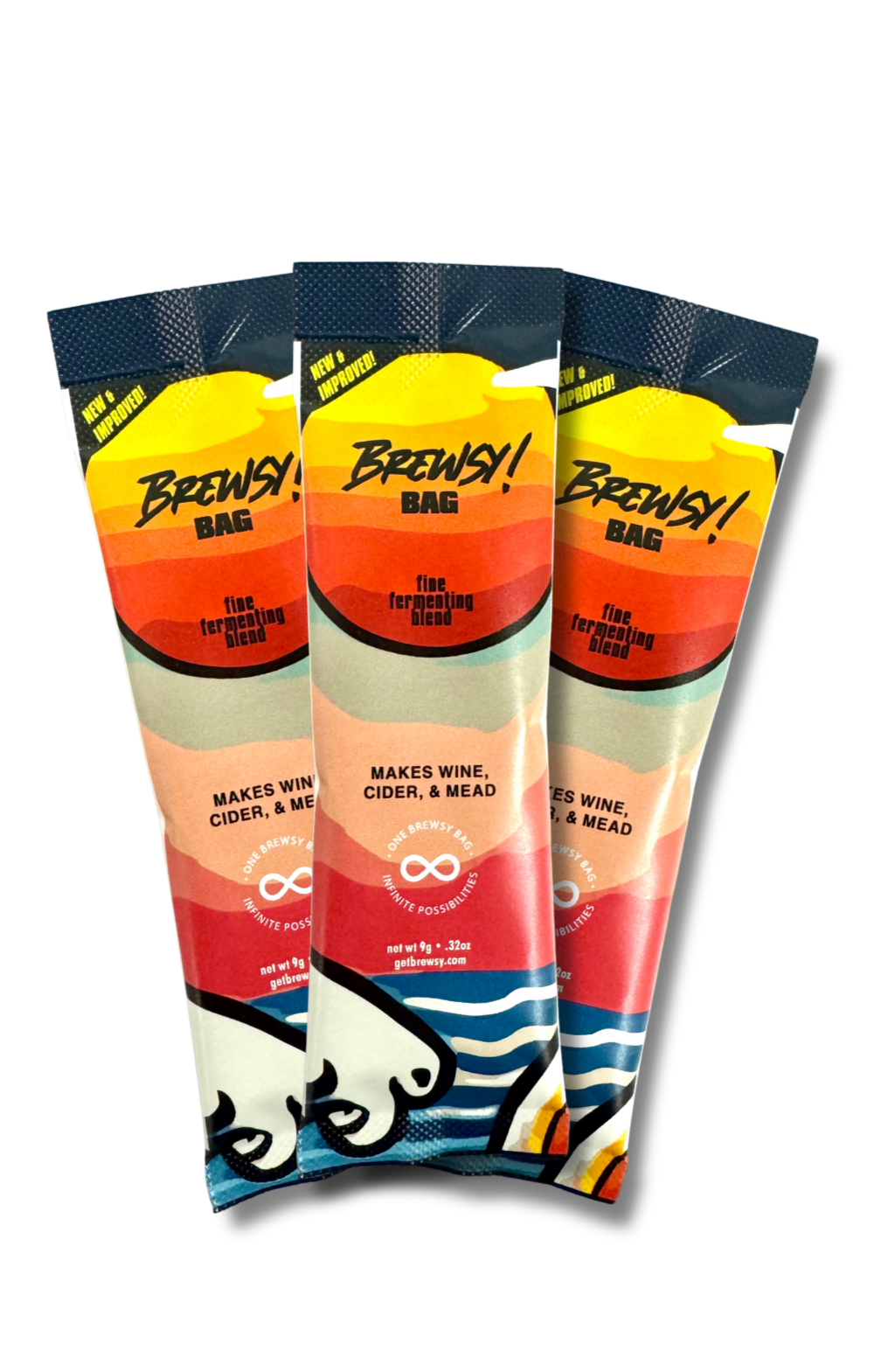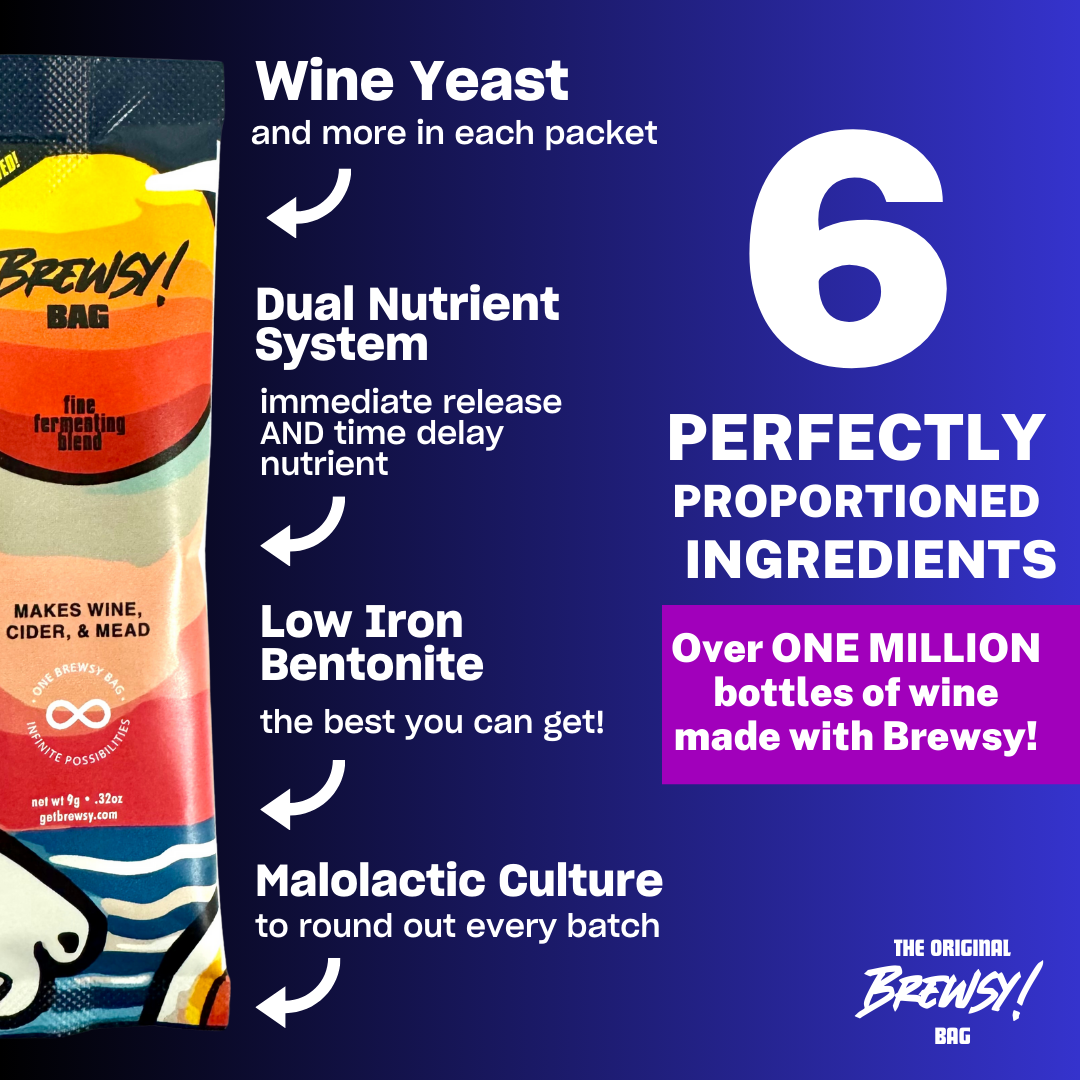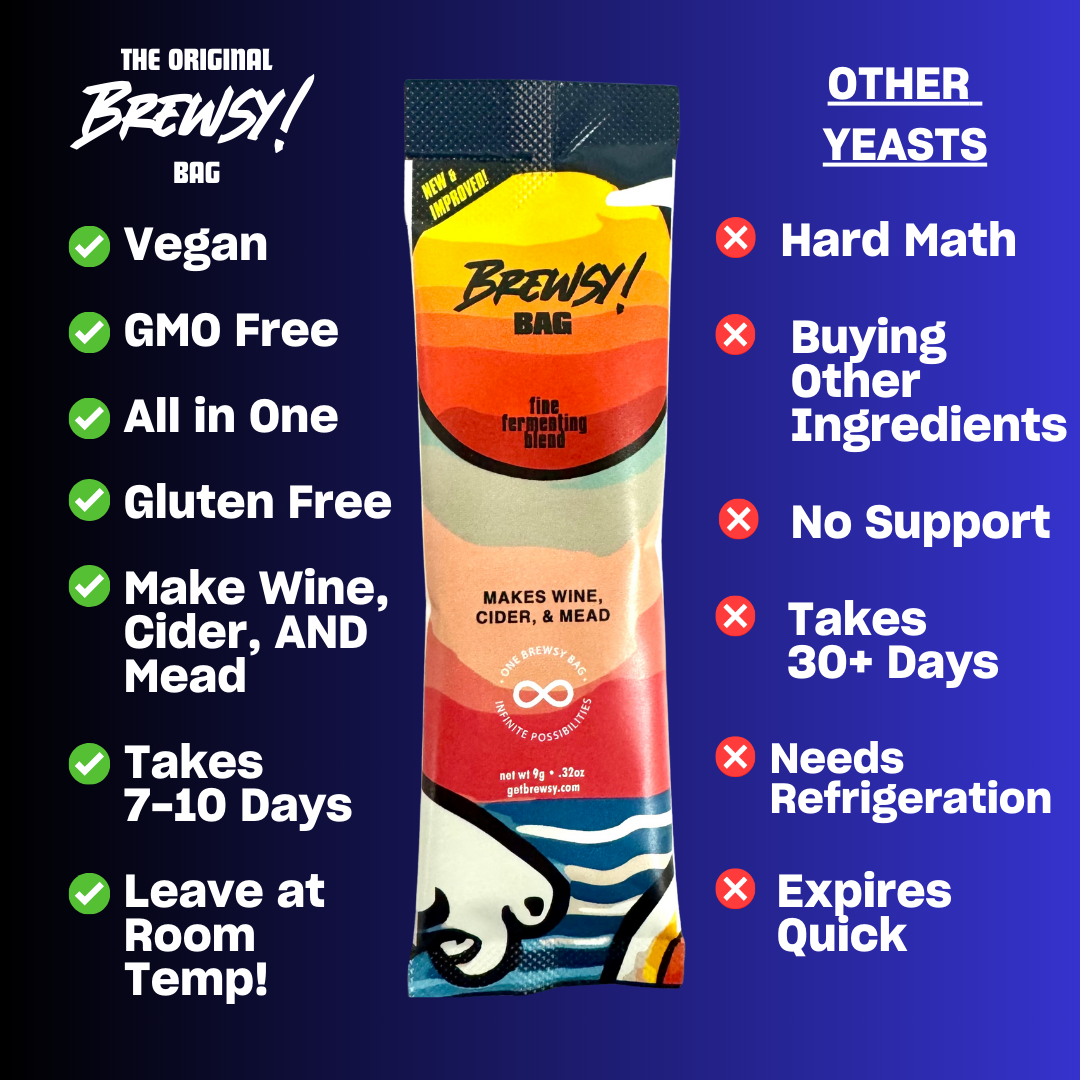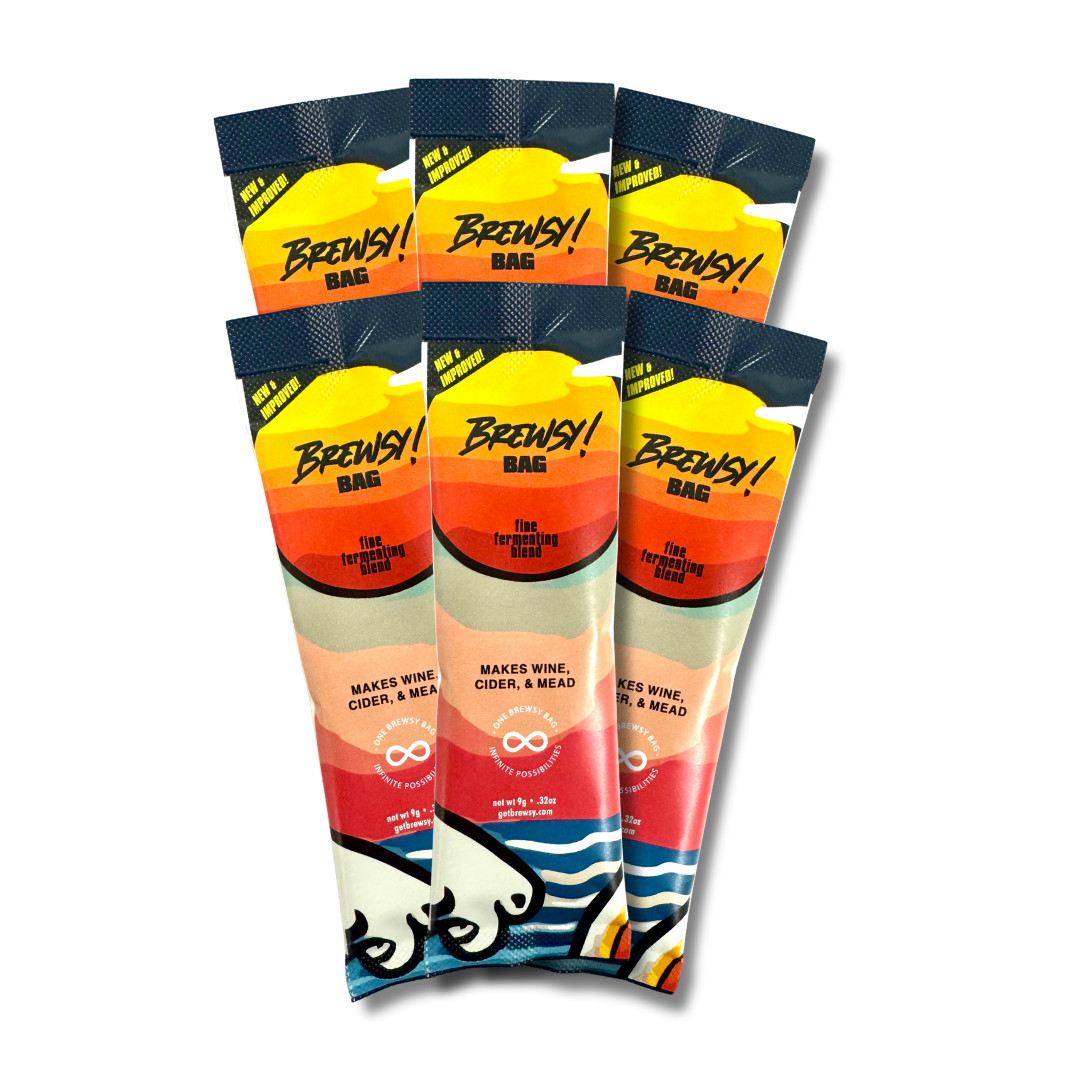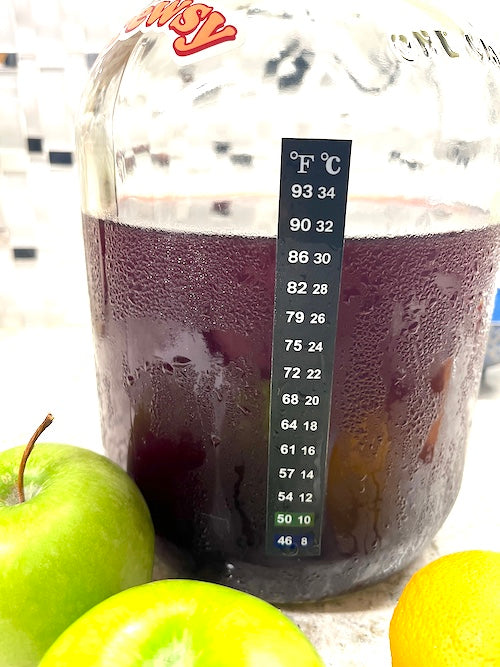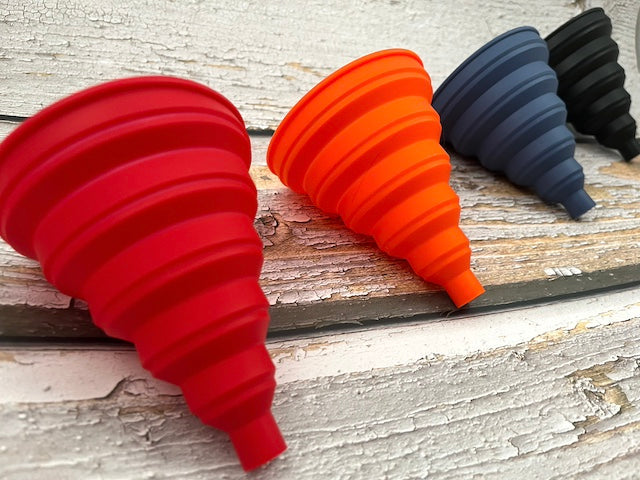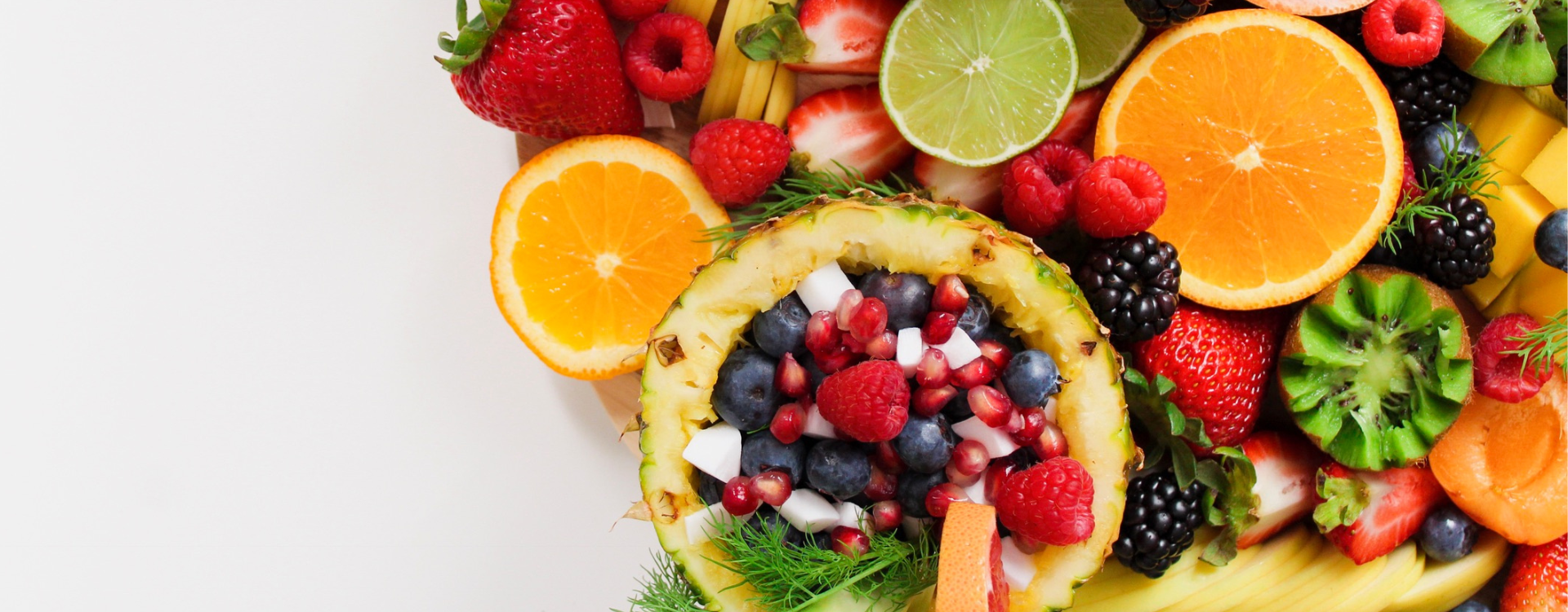
Is Wine Gluten-free?
Right off the bat, is wine gluten-free? The answer is yes because wine is, traditionally, made from grapes and do not contain any gluten. On the flipside, however, there are specific cases where a wine may contain gluten, but, before that, what will be talked about here is not just that, but gluten in and of itself.
What is gluten?
Gluten is, in short, a protein commonly found in cereal grains, thus, it is also usually present in grain-based foods such as bread and pasta. Gluten is what gives dough its elasticity and help it rise, it is often why certain breads have a chewy texture.
Wheat gluten is more often than the basis of imitation/substitute meats because when it is cooked in brother, it absorbs some of the liquid and becomes firmer to bite through, thus, bearing a semblance of meat.
Is gluten dangerous?
For the most part, no, it is not. Most people can handle and digest gluten with zero issues. Gluten only becomes a problem for people because it can trigger an autoimmune response such as the case for people with celiac/coeliac disease who have an intolerance towards gluten, and basically messes up their small intestine.
Does wine contain gluten?
Generally, traditional wines made from grapes do not contain gluten so they are safe for consumption for people that have gluten-related ailments. Even wines made from other fruits such as ciders and its cousin, the perry, as well as meads and its variants are completely safe for consumption.
On the other hand, however, wines that have had grains used for one reason or another would not be gluten-free simply because of the presence of grains in the wine, thus, infusing it with gluten.
How can wine contain gluten?
There are a few ways that even traditional wines may contain gluten. One is cross-contamination. Since wines are considered delicate beverages, sometimes even minimal exposure or contact with a foreign substance can be enough to affect it. Traditional methods of sealing oak barrels involves the use of a paste from wheat, and there is the source of the contamination.
Another way a wine may be contaminated with gluten is with certain fining agents, otherwise known as finings. The job of these agents is to help remove organic compounds from the finished fine as well as improve clarity. Brewsy uses kieselsol and chitosan for GoClear, both of which have zero gluten in it.
One more more potential source of gluten is certain additives and flavorings. Artificial ones may have gluten in it, so if you are about to buy a wine, make sure that if there are additives, that it is only natural color.
In the end, the best way to completely ensure your wine does not contain any gluten whatsoever is to make your own, and with Brewsy, the choices are almost endless. A basic mead is definitely gluten free, as well ciders, and wines made from fresh-pressed grapes. So if you are aiming for a truly gluten-free wine, keep the grains away.

